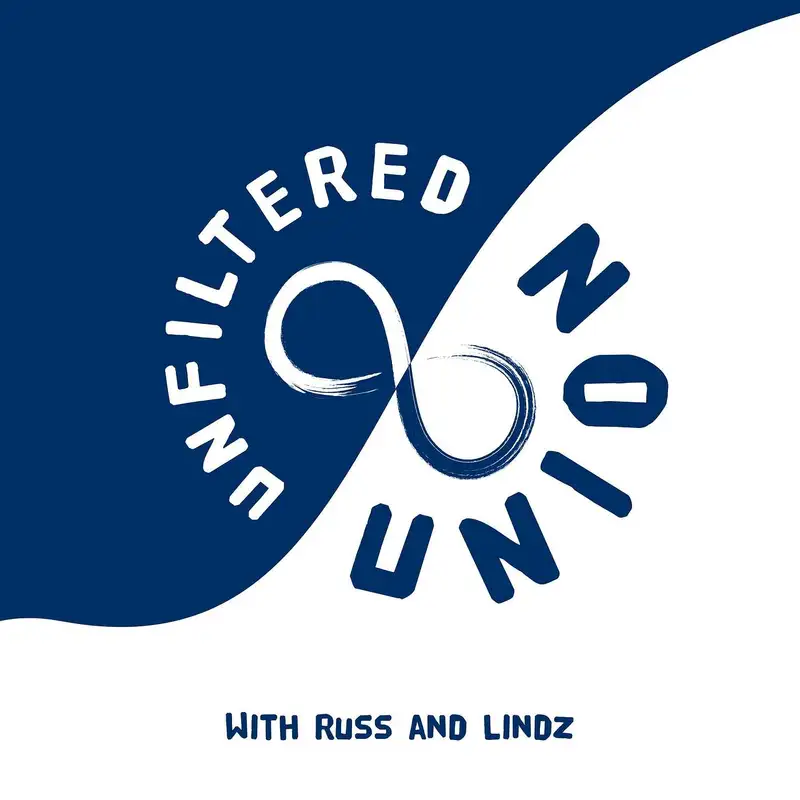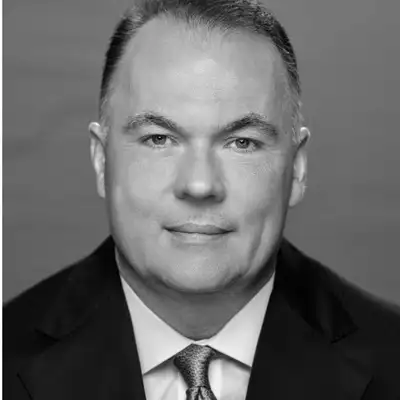In this engaging podcast episode, Russ and Lindz discuss fun and quirky topics like enjoying iced coffee in the shower before transitioning to an in-depth interview with Brian and Kelly Estes, creators of the film 'God Bless Bitcoin.' The Estes explain their motivation behind the film, blending educational themes about the ethical implications of Bitcoin and its integration with various religious perspectives. The conversation covers the history, moral advantages, and future implications of Bitcoin as a superior monetary system, touching on economic challenges and the potential for a global transition to Bitcoin.
Timestamps:
00:00 Revelations and Shower Ideas
02:08 Bitcoin Basics: The White Paper
03:27 Bitcoin's Complexities and Interview Introduction
05:02 Meet Brian and Kelly Estes
07:08 The Intersection of Religion and Bitcoin
13:42 Bitcoin's Ethical and Moral Dimensions
20:16 The Future of Money: Bitcoin's Potential
25:47 Concluding Thoughts and Resources
Guest Info:
Brian Estes is the CIO of Off the Chain Capital which manages the #1 performing blockchain fund in the Hedge Fund Research (HFR) Universe from 2016-2021. Brian has been a VC in blockchain for 10 years and has advised, mentored and/or financed 6 blockchain companies that have a combined value of over $50B today. In addition to running blockchain asset funds, he teaches blockchain and digital asset investing classes at University of Cambridge UK, Washington University, and Morgan State University’s Center of Blockchain and Financial Technology. Brian earned his BA in Economics from the University of Illinois, his MBA from Washington University in St. Louis with high honors, and did is study abroad at University of Cambridge and the London School of Economics. For fun Brian has been an active pilot and aircraft owner for 34 years and has over 2200 hours of flight time logged.
Kelly Estes is founder and President of the Great Big Beautiful Tomorrow Foundation, a non-profit that provides bridge scholarships to private high schools and colleges for high-need, high-achieving students to help break the cycle of poverty through education. Kelly has devoted the last thirty years to education as a teacher and as the Graduate Support Director of an enrichment program that provided programming and advisement in a school district where 95% of the students grew up in generational poverty.
Studio | Film: All About 360 God Bless Bitcoin
Release Date: July 25th (AVAILABLE FOR FREE)
Trailer | Site: God Bless Bitcoin
Synopsis: God Bless Bitcoin asks the timely question: How do we fix our broken money? Through in-depth conversations with blockchain and interfaith leaders (including Mark Cuban, Cathie Wood, Rabbi Michael Caras, Fr. Robert Sirico, Tony Hawk, Tim Draper, the film exposes the broken, unjust, and immoral nature of our current fiat-based monetary system, one that is intimately connected to the military industrial complex and the propagation of war. The film also shows how and why members of the poor and middle class feel an financial squeeze even when they work hard and lead fiscally responsible lives. God Bless Bitcoin ultimately suggests the ways in which Bitcoin can present alternatives to our current system that are more just, equitable, and peaceful.




